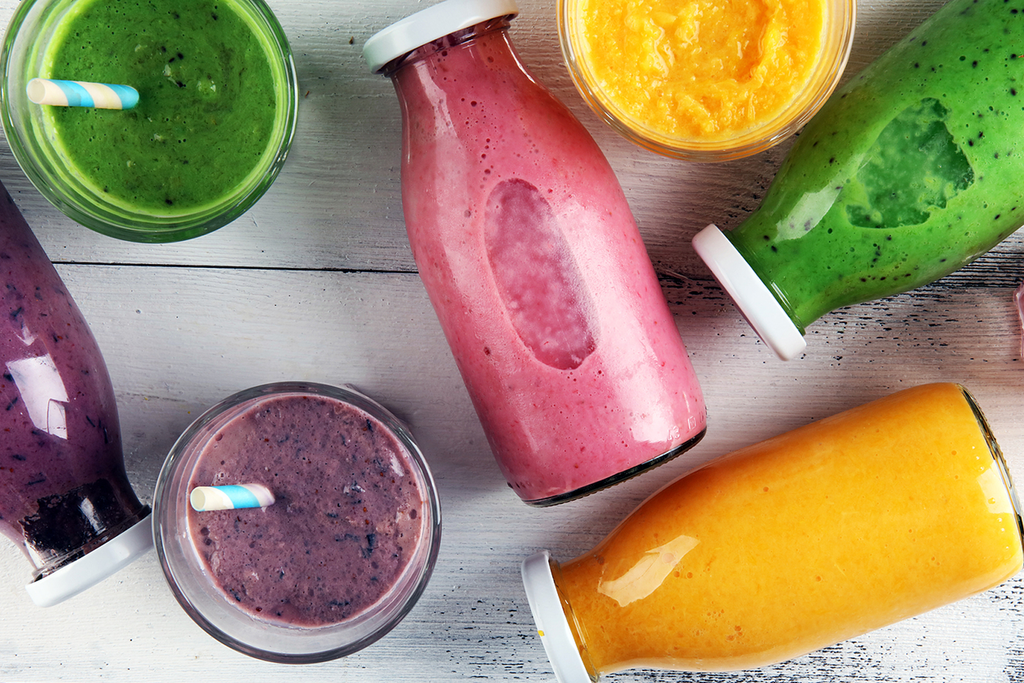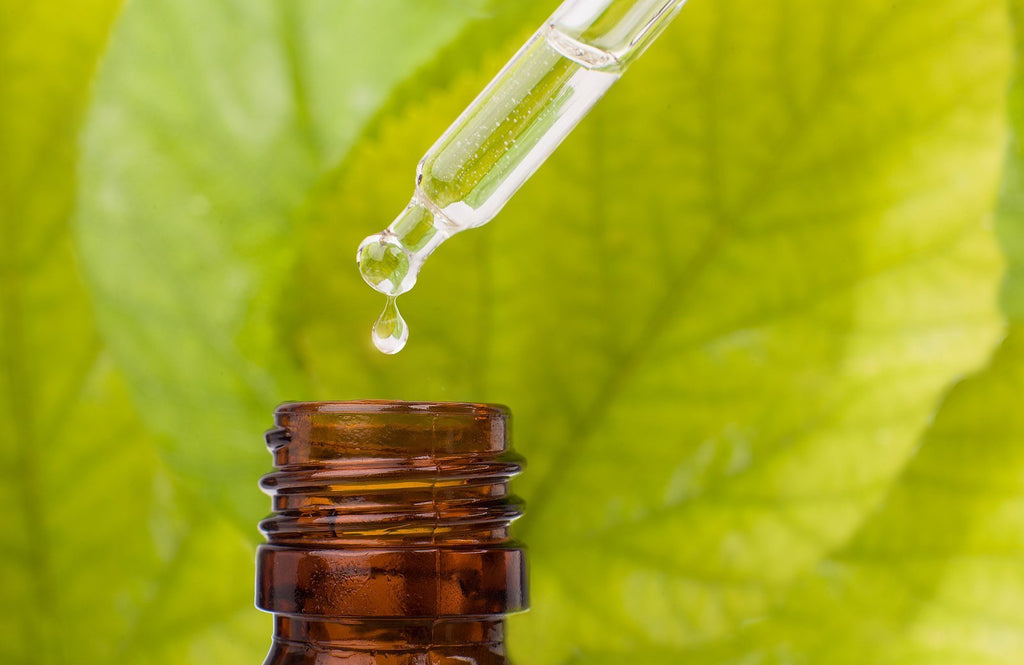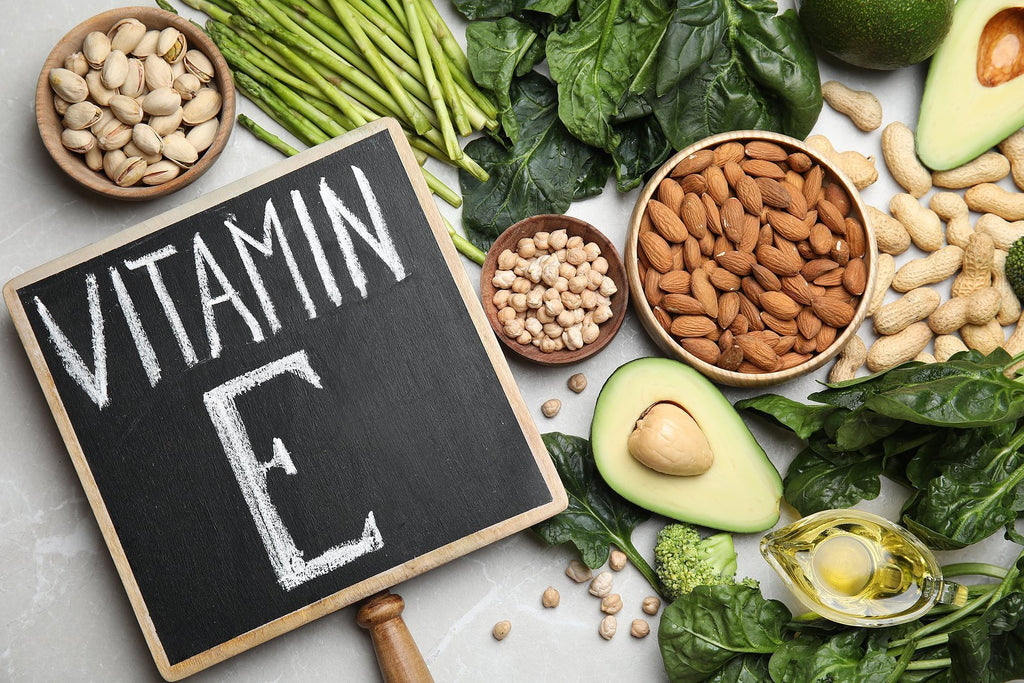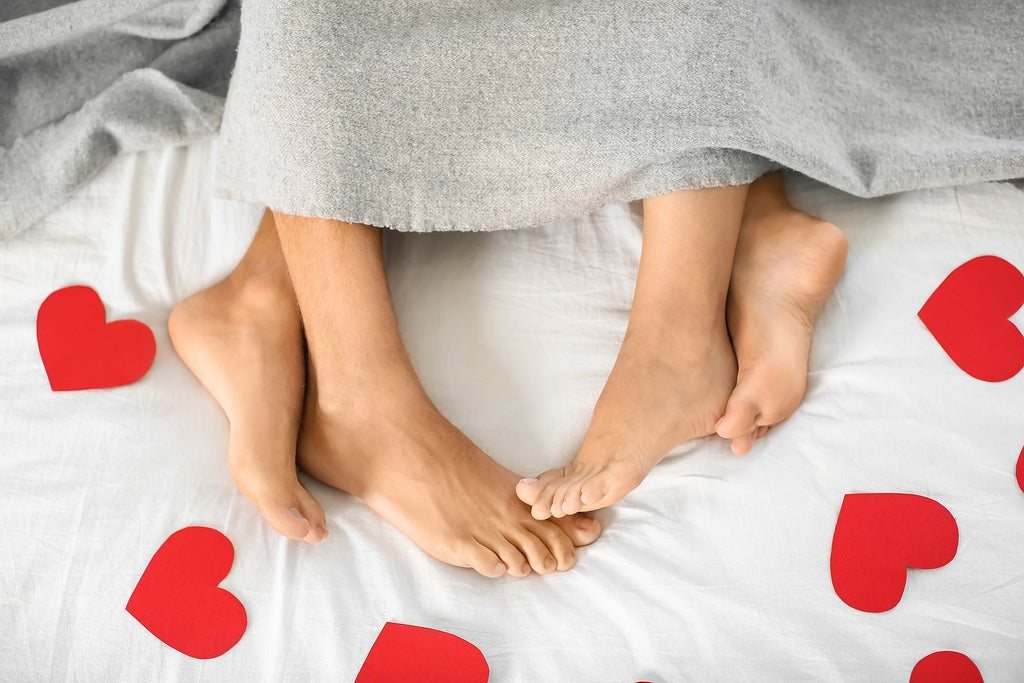Supplements To Ease Diverticulitis Flare-Ups
Let me introduce you to the top supplements that can help ease diverticulitis, which is a painful colon condition that’s quite common in people over the age of 60.
Diver-what?
Diverticulitis. When a person develops pocket-like pouches on the colon lining, those are called diverticula. The pouches capture fecal matter and bacteria, making them inflamed. When that happens, it’s called a diverticulitis flare-up.
Diverticula develop when the colon muscles become weak from physical stress. That stress can be caused by a number of factors. Some examples are:
- poor diet
- obesity
- smoking
- not getting enough exercise
- chronic constipation
- an imbalance in the microorganisms in the gut
- overusing drugs that irritate the gut lining (like ibuprofen).
Once those pouches form, you can’t get rid of them. At that point, the focus turns to preventing flare-ups. So, as the saying goes, prevention is so much better than treatment. And diverticulitis is entirely preventable.
But should it strike you, here are some supplements that can help prevent future flare-ups and relieve diverticulitis pain.
Preventing Diverticulitis Flare-Ups
1) Take a probiotic
Provided it contains some of the more beneficial strains of good bacteria, a probiotic will help to restore a healthy gut. Probiotics keep fecal matter from lingering in the colon and clogging the diverticula. They also can help relieve gas, bloating, and diarrhea.
2) Magnesium for constipation
Constipation can worsen diverticulitis, so if you can avoid becoming constipated, you’ll have a better shot at avoiding the flare-ups. But if it happens, supplement with magnesium. Most people are magnesium deficient, anyway, and the problem tends to result in constipation.
3) More fiber
Increasing your fiber intake can really help move things along. Try psyllium, from the husks of an Indian plant seed. It provides a bulk fiber, which creates a mild laxative effect.
Eating flax seeds will also boost your fiber. You can grind up flax seeds and add them to your smoothie or yogurt, or mix them with grain-free flour if you enjoy baking. (Coconut and almond flour are good sources of fiber.) If you use flax seeds, you’ll get the added benefit of the anti-inflammatory Omega-3 fatty acid called Alpha-Linolenic Acid (ALA).
Go for all three!
If you take all of these together – probiotics, psyllium, and flax seeds – the combination has a synergistic effect. The fiber is a prebiotic, so it feeds the healthy bacteria in your gut and in your probiotic supplement. Fiber protects the probiotics from your stomach acids so they make it down into your intestines, which is where they need to be in order to do their job of aiding digestion and fighting infection.
These three supplements are your baseline defense to keep everything in order. There are other supplements that can help once the flare-ups have already started to happen.
Diverticulitis Flare-Up Relief
1) Aloe vera
Specifically, go for aloe vera juice that doesn’t contain aloe latex. It will assist healing in the inflamed areas, while promoting healthy digestion and supporting healthy gut bacteria.
2) L-glutamine
This amino acid improves the mucosal lining of the intestines (where pockets form). Repairing that lining not only helps ease diverticulitis, it helps with leaky gut syndrome.
3) A herbal approach
Some herbs can provide relief from diverticulitis. One is slippery elm, which helps ease constipation and soothe the infected diverticula.
Next is peppermint, which can reduce digestive spasms. It helps to relax stomach muscles and soothe the colon lining. You can get peppermint as a supplement if the flavor is a bit much for you.
Another herb with similar benefits to peppermint is licorice root. In addition to reducing the digestive spasm and relaxing stomach muscles, it supports bile production for healthy digestion.
4) Wild yams
These are not the yams in the produce section of your grocery store. A wild yam is a plant root that has several medicinal properties. It’s a powerful anti-inflammatory and it helps reduce muscle spasm. That means it helps to reduce abdominal cramping and pain caused by an inflamed diverticulum.
Remember: Prevention is Always Better
The biggest factor in dealing with the discomfort of diverticulitis is preventing colon stress in the first place. To learn more about that, watch my video called “Aging With a Healthy Colon”.
If you do develop diverticula, flare-ups can be managed and even prevented by exercising, eating a healthy diet low in carbohydrates, and supplementing with some or all of what I’ve mentioned in this blog.
"The benefits were immediate. The bloating, gas and discomfort were all gone after a week. A great product!!!"
Lulu Mikro | ⭐️⭐️⭐️⭐️⭐️
Leaky Gut Support
Sharing is Caring
Know Your Body - Know Your Health






